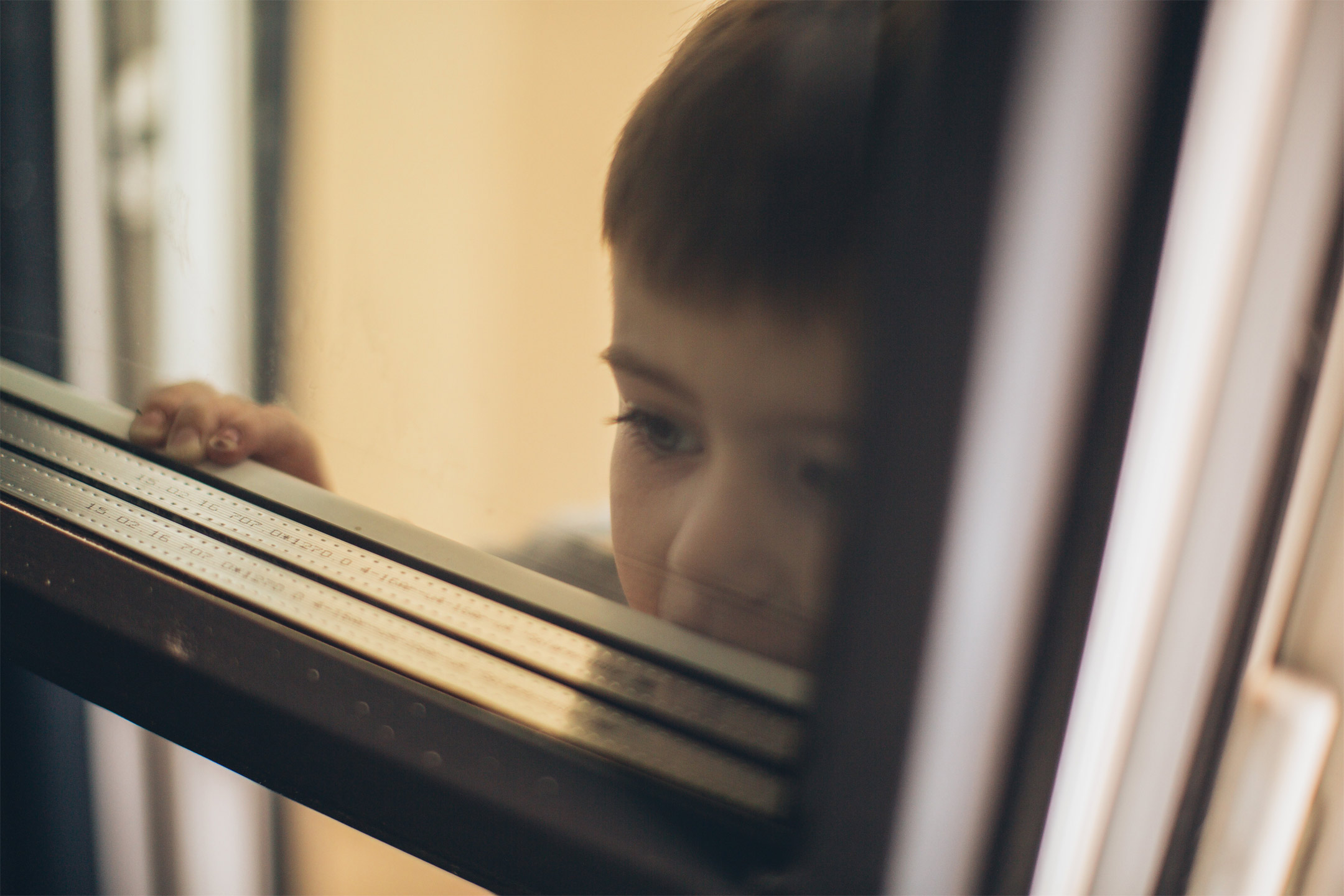
24 Oct FIFO life not always lonely, but remote parenting presents challenges
A CQUniversity study led by Rebecca Brown found that FIFO and DIDO workers and their partners experience similar levels of life satisfaction and loneliness as other Australian parents.
However, challenges arise around parenting teamwork, emotional adjustment, and maintaining family relationships due to the nature of remote work schedules.
Despite these difficulties, families who successfully adapt report higher-than-average life satisfaction. The study highlights that communication frequency doesn’t necessarily reduce loneliness, but positive parenting and strong relationships can still be achieved, underscoring the need for targeted support for remote-working families.
As part of her honours project, Ms Brown studied fly-in, fly-out (FIFO) and drive-in, drive-out (DIDO) workers and their partners to analyse family and wellbeing.
Remote parenting presents challenges
“We know mental health for this cohort can suffer, and impact workplace productivity, general wellbeing, relationships, and even development of workers children,” the Mackay-based teacher and counsellor said.
“Respondents reported above-average difficulty with parenting consistency, parents’ emotional adjustment around roster changes, and how family relationships are maintained.
“Interestingly, there was also no correlation between frequent communication and reduced loneliness – so strong and satisfying relationships can be achieved even if partners aren’t frequently in touch during remote working stint.
Respondents had FIFO/ DIDO for more than five years.
The research heard from 300 people, with average 2.17 dependents, and most workers on a 7/8 days on, 5/6 days off schedule.
The cohort had considerable experience in remote working lifestyle, with 69 per cent FIFO/ DIDO for more than five years.
The positive feelings came with better parental teamwork, family relationships and emotional adjustment.
“We know around 70 per cent of Australia’s remote workers have children – so families need to know that strong parenting and relationships are possible, with the right supports.”
The research was led by CQUniversity Psychology graduate Rebecca Brown and Associate Professor Matthew Thomas, Deputy Director of CQU’s Appleton Institute for health and wellbeing.
Read a parents view her life with a FIFO partner: A FIFO Life



